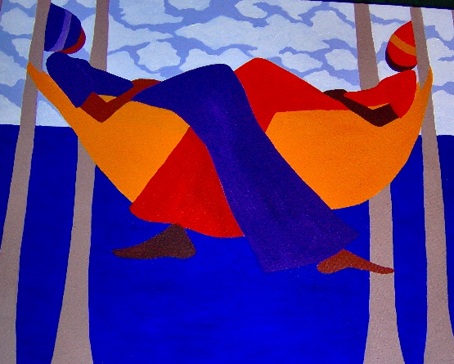Now that my two children are older (12 and 16), I still don’t know whether Tammy and popular German saying is right. Is parenting harder now than it was ten or twelve years ago? Are the problems bigger?
The only thing that I know to be true is, children, no matter what age only seek challenges where the outcome is uncertain. It seems part of human nature: don’t go after an easy catch.
Small children climb on furniture that is precariously high, they play with complex stereo equipment capable of intimidating any adult, and they willingly wash dishes only if they are small enough to fall into the sink while standing on their highchair. As a mother, every time your small child goes off on an adventure, you have to ask yourself “Can she or he survive this?” Survive, in the sense of, will-we-be-calling-the-ambulance type of survival.
Currently, some of my friends have babies and small children, and while I cringe to see the two-year old child running in the direction of a glass door (does he see it, will he stop, arggh, that must have hurt), the mother makes an executive decision about whether or not the child will survive the experience if he doesn’t stop soon. And, then she nonchalantly picks up the crying child and calmly kisses the bonked nose, and off the child goes on his next adventure.
Larger children also set out on various innocuous adventures every day, which parents have no control over: bus rides to school, shopping with friends, school trips to the big city, Friday night parties, travelling to visit their father on weekends, chat rooms in the Internet… Yes, as responsible parents we should try to supervise our children’s activities, minimise the risks, and talk about the dangers, but whether our children will survive these adventures is unknown. And that scares the bejeebies out of us.
A wise and wonderful friend of my mother once told me… there comes a time when your child no longer wants you as a protagonist in theatre of their life. They don’t even want you as one of the silent but mighty spear-bearers standing in the back of the stage. They might, just might, be willing to have you sit in a front row seat in the audience: cheering them on when they succeed, weeping at their disasters, and glowing with pride when strangers applaud.


